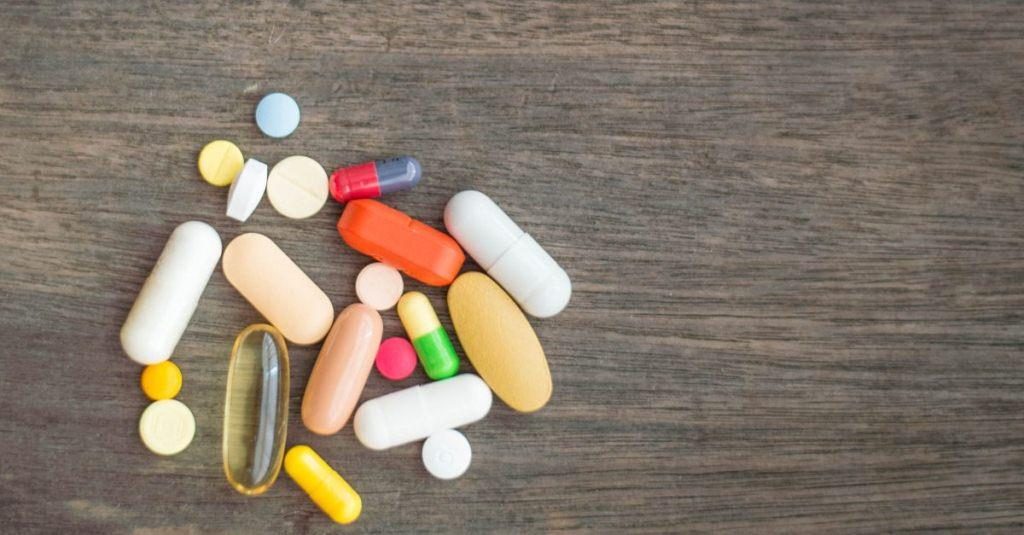Travelling to new places is exciting and fun but travelling with kids is hard enough. Kids and parents are exposed to the same health risks in new places and the environment but kids are more seriously affected by these. This is the reason why it is absolutely necessary to pack a health kit containing medicines necessary for travelling. A visit to travel medicine provider before your trip is important. It is best to visit the doctor four to six weeks prior to your travel date. If it is an international trip, then the doctor will get you the needed vaccines and medicines.
Read More: 5 Must Have Children Travel Medicines
11 Travel Medicine for Kids You Should Carry
Must have travel medicine for babies and toddlers
Babies and toddlers may stay still and cooperative throughout the trip or can be very fussy. But either way, their communication to the parent about any problem is minimal. So it is absolutely necessary to pack a health kit with medicines that can be used in emergency conditions. Here is a list of some medicines to include in your health kit:
- Any prescription medicines your baby has already been taking.
- Ibuprofen
- Acetaminophen
- Cold medicine
- Teething medicine or topical gel
- Thermometer
- Asthma inhaler
- Anti – diarrheal medicine
- Motion sickness medicine
- Baby’s blue bulb for nose
- Baby’s nasal saline drops
Must have travel medicine for children
Children are prone to falling sick as they catch one infection or the other. Just like a first aid kit, it’s best to prepare a travel health kit that would include all the medicines necessary in case your child falls sick on the trip. The common ailments in children occurring are diarrhoea, runny nose, cough, ear pain, etc. You can pack the following medicines:
- A fever medicine and a pain reliever such as Ibuprofen, aspirin and/or acetaminophen.
- A cough and cold medicine
- An anti histamine for allergic reactions
- A steroid cream for itching
- An antibiotic ointment
- A first aid kit including alcoholic swabs, gauze, bandages, tweezers, scissors, disinfectants, etc.
- Anti – diarrheal medicine such as loperamide, bismuth subsalicylate.
- Anti – motion sickness medicine
- Antacid
- Mild laxative
- 1% hydrocortisone cream
You can also include other items that can prove to be helpful:
- Insect repellent containing DEET (30%-50%) or picaridin (up to 15%)
- Sunscreen (SPF 15 or greater) that has both UVA and UVB protection
- Alcohol-based hand sanitizer or anti – bacterial hand wipes
- Lubricating eye drops
- Aloe gel for sunburns
- Oral rehydration solution packets
- Moleskin for blisters
- Digital thermometer
- Water purification tablets
- Medicine for altitude sickness
- Medicine to prevent malaria
Read More: Your Travel Vaccine Checklist for India
Other travel tips to be considered
Air travel
Air travel is safe for children and babies although it is advisable for the newborn to be one or two weeks old.
Due to changes in the pressure, ear ache is more prominently experienced in children than in adults. You can advise them to chew gum or yawn. For infants you can bottle or breast feed.
Motion sickness
Motion sickness is the condition where the person experiences nausea, vomiting, headache, etc while in motion i.e. during travelling. Children aged two to twelve years are at a risk of developing motion sickness. Thus it is better to avoid reading in a moving vehicle.
Shutting the eyes or looking at the horizon can help in relieving the motion sickness.
Jet lag
Jet lag occurs after having travelled to different time zones. Children may have difficulty in falling asleep at night and wake up early. They may be tired and fretful. Advice short daytime naps instead of long daytime naps as they only worsen the situation.
High altitude
Altitude sickness can develop rapidly in children and they may not be able to express the symptoms properly. The symptoms in altitude sickness in children too are vague. They may complain of nausea, headache, and loss of appetite or difficulty in breathing.
Read More: Your Travel Vaccine Checklist while Travelling to South Africa with Family
Water safety
Always keep an eye on your children when they are swimming or playing any water rides. It is best if they wear age – appropriate life jackets or other flotation devices.
Avoid swimming in unchlorinated, fresh water as they can pose a threat for passing of certain infections.
Conclusion
Travelling is a fun experience but prior planning is important especially if you are travelling with children. Children are more susceptible to sickness than adults due to their still developing immunity. It is best to have an appointment with your travel health provider at least a month prior to your journey as they would give you the needed vaccines.
Just like a first aid kit, its best to pack a medicine kid for children or toddlers. Include the normal prescription medicines your child has already been taking, emergency medicines for cold, fever, cough, diarrhoea, and antibiotics, etc.
Read More: Your Travel Vaccine Checklist while Travelling to China with Family
References
https://wwwnc.cdc.gov/travel/page/pack-smart
https://travel.gc.ca/travelling/health-safety/children













